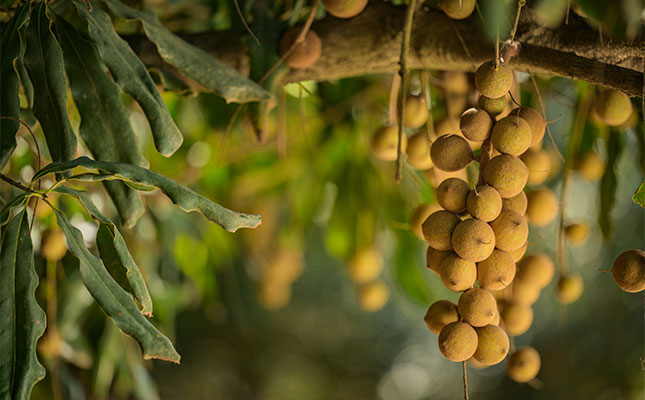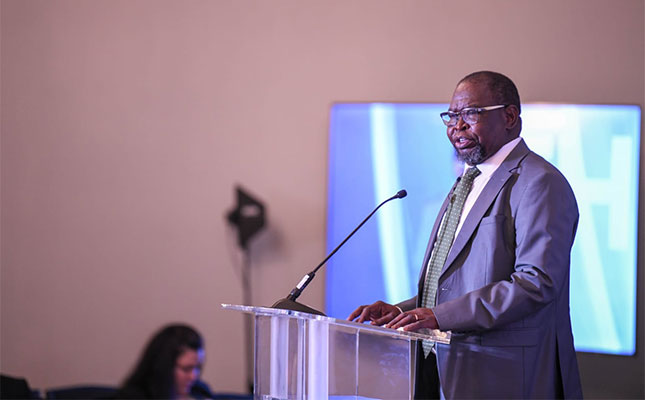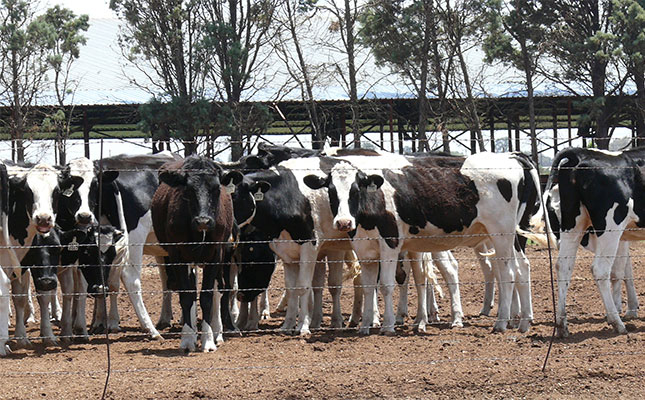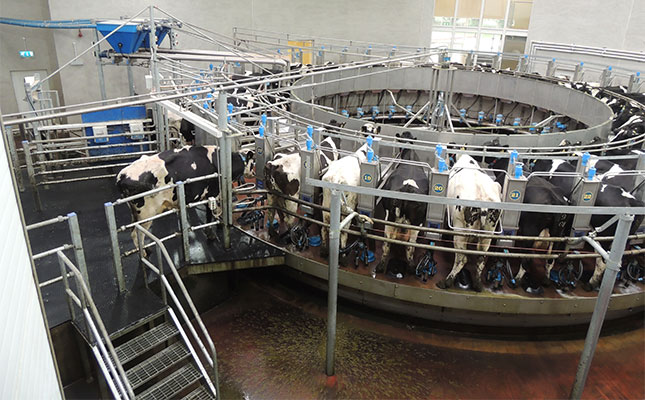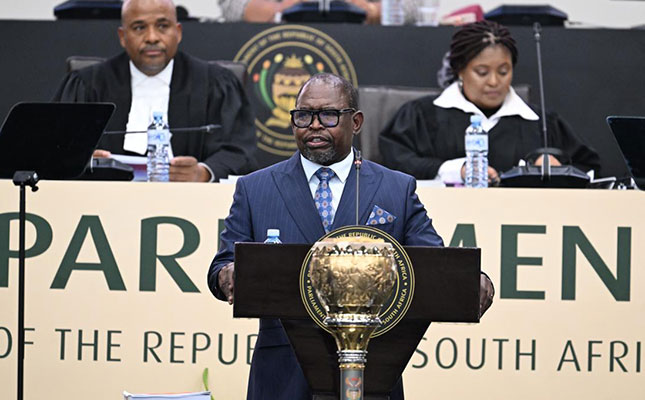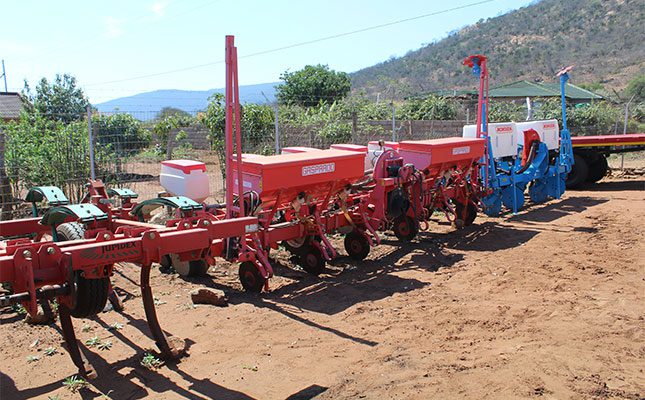
This was according to speakers at the South African Cultivar and Technology Agency’s Annual Stakeholder Engagement Meeting held in Pretoria, Gauteng last week.
Concerns were raised over the prevalence of double dipping, where the same pool of farmers repeatedly benefitted from development programmes and grants without moving towards independence. This prevented new entrants from gaining from these programmes and risked keeping smallholders trapped in cycles of dependency.
Speaking on a panel discussing success rates in commercialising smallholder farmers, Jane McPherson, advisor at farmer development programme Phahama Grain Phakama, said a lack of post-graduation support was part of the problem in commercialising a greater number of farmers.
“Smallholders get a lot of freebies, but as soon as they graduate, the help and mentorship stop. So, they recycle themselves through all the programmes,” she explained.
Gerhard Keun, CEO of the Oil and Protein Seeds Development Trust, said funding and assistance to help smallholder farmers commercialise would be far more effective if they were properly managed and tracked to prevent duplication. He added that this extended to the provision of equipment.
Henry Davies, founder of the Eden Social Development Foundation, said equipment provided by government was often underutilised, poorly managed, or broken. He explained how the foundation had achieved greater success rates in mechanisation by refurbishing idle machinery.
“Before we consider buying new equipment, we look at what is available in the area. Often there are fleets of new equipment that are not being used or that are broken. Once we have them fixed, we hold farmers accountable by recording the state of equipment before they receive it. If it’s returned broken due to negligence, the farmer pays for repairs. This ensures equipment is cared for,” he explained.
Davies noted a disconnect between the Department of Agriculture’s head office in Pretoria and what transpired on farms.
“The service providers government appoints to deliver inputs are a mess. Many are not familiar with agriculture, so jobs like liming are not done properly, or they are outsourced to a farmer, who prioritises his own land over the others he is meant to service. The money government spends on smallholder support therefore often doesn’t reach them.”
McPherson suggested that government shift its focus from time-sensitive inputs like seed, which often arrived too late, to soil improvements such as lime and phosphate, which could be applied year-round. These were also inputs that land-renting farmers often neglected due to the uncertainty of tenure.

